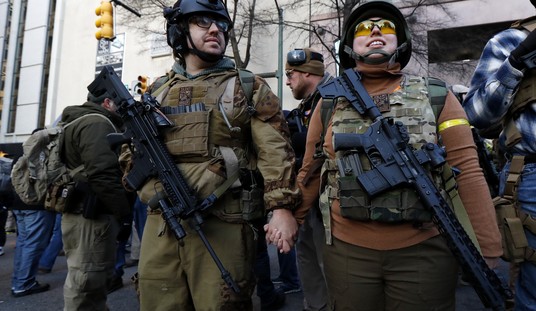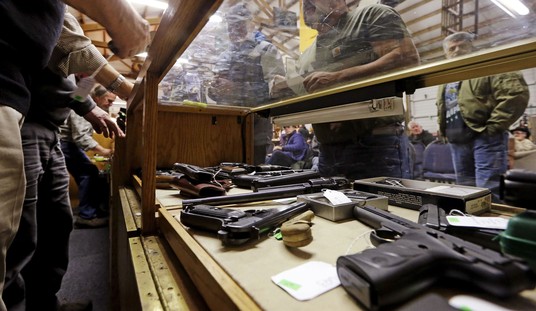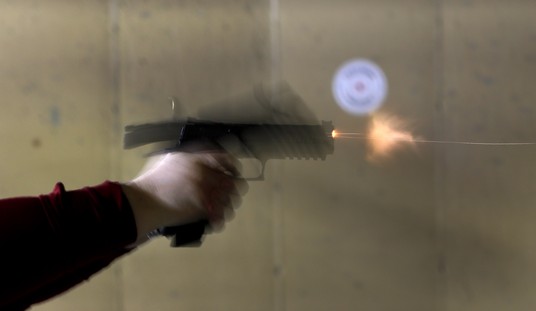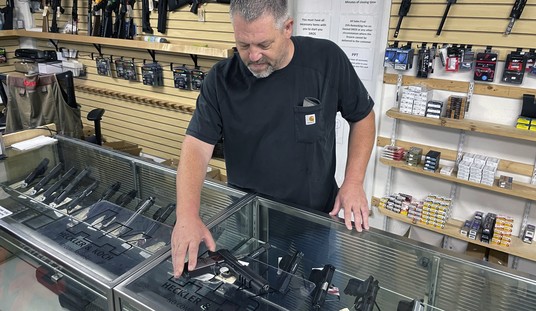When it comes to those with an anti-police sentiment, they often try to claim that policing doesn’t actually reduce crime. In their minds, the presence of a law enforcement officer is irrelevant, that crime exists completely outside of time and space or something.
Many have tried to argue that there’s no evidence that more police actually has any impact on reducing crime, which sure doesn’t sound right to my ears. I mean, more police means a greater chance of catching criminals in the act. It means greater police presence which means more concern among criminals about getting caught. How can the evidence not suggest otherwise?
The truth is that there is evidence, they just don’t want to acknowledge it.
Now, there’s more such evidence.
Despite the predictable talking points from Philadelphia’s second-term mayor, research shows that the city’s policies respective to the deployment of the Philadelphia Police Department, and District Attorney Krasner’s abysmally low rate of prosecution and pretrial confinement are the true cause of the dangerous rise in violent crime.
A recent academic study proves what the public safety community has previously warned regarding policies that decrease proactive policing strategies or have defunded portions of police department budgets altogether: that “hands off” policing policies have caused an increase in crime.
In the spring of 2021, Dr. Sarit Weisburd, an assistant professor with the Eitan Berglas School of Economics at Tel Aviv University in Israel, studied the issue of the impact of police deterrence in the United States. Dr. Weisburd published a study called, “Police Presence, Rapid Response Rates, and Crime Prevention,” which found a 10% decrease in police presence results in a 7% increase in crime.
This study proves what both news reports and the FBI’s annual Uniform Crime Report have shown throughout the United States, that violent crime in America’s cities has surged since a series of riots in the summer of 2020.
“From my research, I do find that officer presence is important for creating deterrence,” Weisburd said. “It just really creates this complicated problem where, on the one hand, you want officers in different locations to create deterrence.”
This isn’t rocket science. The mechanisms here are very simple to understand.
For better or worse, the more police you have on the street, the greater the deterrence effect on crime. Criminals, by nature, don’t want to be caught. They’re all convinced they won’t be. They think they can get away with it.
Yet that confidence grows when there are fewer officers patrolling the area the crooks intend to target. After all, they know that if they see an officer now, they won’t see him again for hours, so they’ll be sure they can get away with their crime.
With more officers on the street, we see that confidence drop. There are too many police around for them to think they can get away with it as easily. Some will, of course, but others will see the risk as too great and will instead step back and think of something else.
Again, it’s not rocket science.
Unfortunately, this is yet another bit of evidence that anti-police activists will ignore because it’s inconvenient.








Join the conversation as a VIP Member